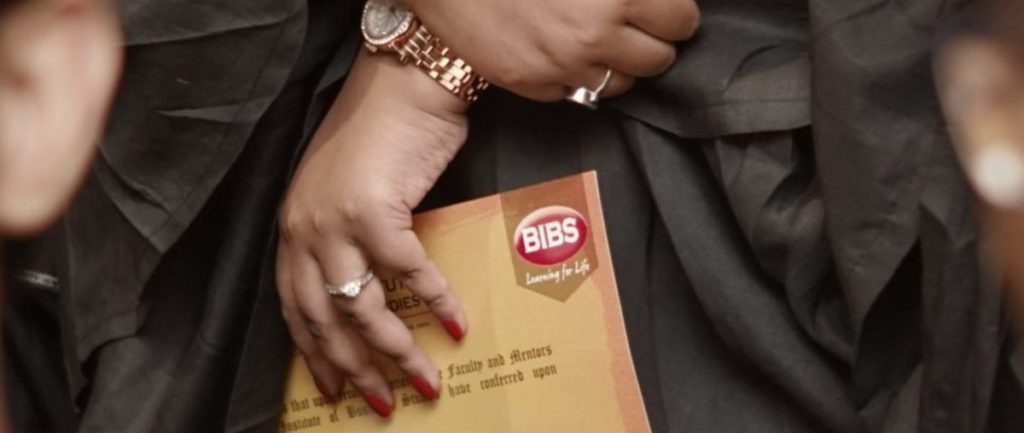

The industry of delivering tiffin boxes in Mumbai began in 1890. Mahadeo Bhavaji Bachche was the first dabbawala to deliver tiffin to a British guy who requested it. Demand rose from all directions as a result of this incident. A minimum of 5,000 dabbawalas are currently employed in the industry. They are a part of a well-organized cooperative enterprise that also provides job security to its employees.
Best MBA colleges in Kolkata, and in other states have taken into consideration their six sigma approach and are teaching their students how to go about it. To understand how Dabbawalas use the six sigma approach, let us understand what it is.
What is six sigma?
The standard deviation is represented by the Greek symbol "sigma" in mathematics. Six Sigma may seem Greek to you, but there's more to the tale than that. Six Sigma is a technique and a collection of tools for improving processes. It aims to raise the process's quality by detecting and eliminating the causes of errors or predicted flaws that lead to failure in the final product. A six-sigma process is one in which 99.99966 percent of all potential flaws are quantitatively measured and managed.
In an Industry-Integrated MBA, it is important to understand the objective behind everything as it gives you a more clear picture. The objective of putting an organization into Six Sigma Approach is to gain the following
How did dabbawala put the six sigma approach
The Six Sigma Approach has six concepts, which are followed like a ritual by the Mumbai dabbawalas.
DPMO-Defects per million opportunities
Six sigma means there are fewer than 3.4 flaws per million chances, which means that out of every million lunch boxes that must be delivered from a million residences to various workplaces in Mumbai, only three will not arrive at the correct desk at the appropriate time.
Critical to quality
The quantifiable features of a product or service that must fulfill the customer's need for the product or service are referred to as critical to quality. In the case of dabbawalas, they follow this approach very swiftly as they deliver the tiffin boxes straight from the homes of the people and deliver it to their workplaces.
Defect
Customers reject a product or service if it has a flaw. Mumbai Dabbawalas assist individuals in taking advantage of the availability of home-cooked food that is picked up and brought to offices prior to the start of the launch. Even while the city is submerged to waist level by the filthy monsoon, not a single Dabba is delayed. So there is no defect in their delivery of service.
Process Capability
It refers to providing or producing a service or product that meets the needs of the consumer. Unlike in the corporate world, this organization has a clear and compelling mission that is closely aligned with the business's goals and against which each employee is evaluated on a daily basis. They have a 4-to-5-hour shelf life on the food dabbas they deliver. The entire delivery time is 6 hours, including 3 hours between the house and the office and another 3 hours between the office and the house. During transportation, each box changes hands six times before being returned as an empty tiffin. In transportation, 2.4 million people move manually. A total of 400 000 clients are served. One worker travels 60–70 kilometers every day. They are able to retain their service quality by handling the boxes with speed and precision and delivering them to the correct owner on time.
Variation
Variation refers to the difference between the final product or service given to the client and the customer's expectations. As change is necessary for every organization, dabbawalas also have various variations wherever required to boost their organization
Stable Operations
Stable operations refer to the business process's continual efforts to close the gap between what customers see and what they experience. To keep their operations stable, they follow discipline in full force. During business hours, all staff must wear their white caps to be easily identified, stick to duty reporting times, respect their clients, and carry their identity cards. The collecting of things is the first and most critical phase in every supply chain. If someone fails to deliver the dabba on time three times, they are no longer served.
A management lesson that we must learn from the dabbawalas is time management and teamwork. Without any technology and with simple things they build such a great team of over 5000 dabbawalas and are working hard every day without any delay. As the Dabbawalas, The Bengal Institute of Business Studies also is ranked as one of the Top 10 MBA colleges in Kolkata, as it also trains its management aspirants to work in an industry-friendly way and work with teamwork and dedication.
Copyright - BIBS Kolkata
| Website by Marko & Brando
All rights reserved